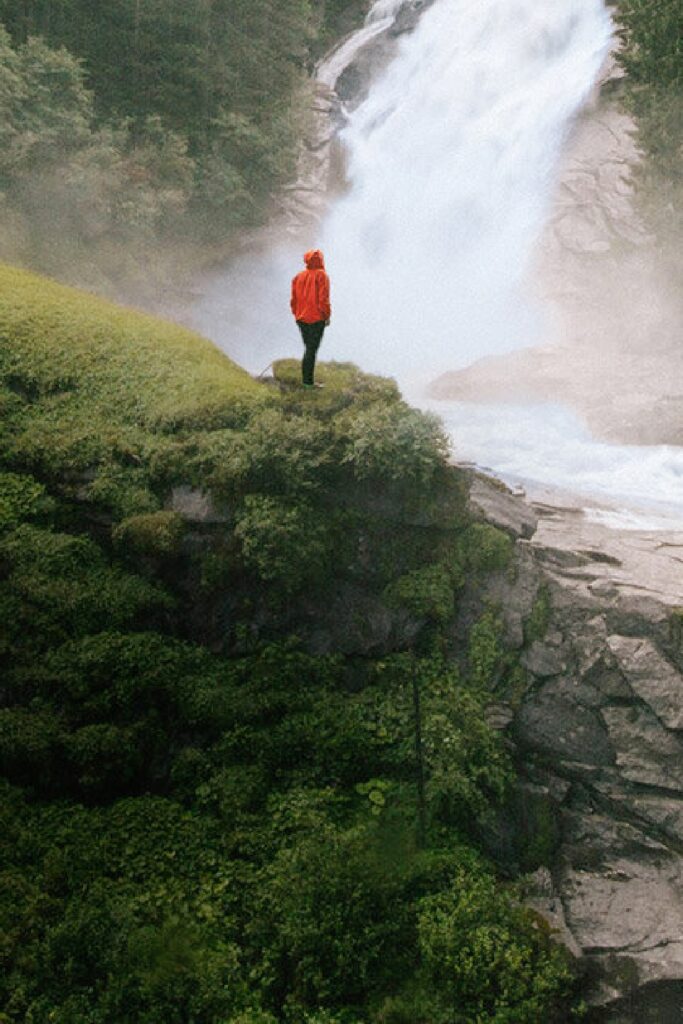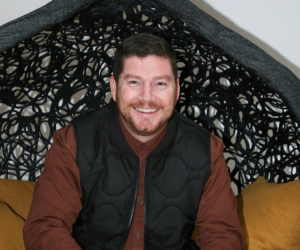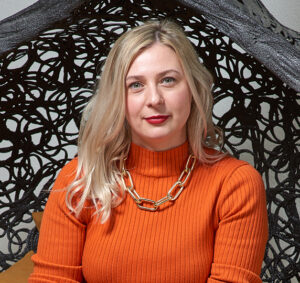
WE CARE PASSIONATELY ABOUT OUR LOCAL COMMUNITY AND WIDER SOCIETY.
We believe, as do many fashion brands now, that an ethical approach is possible whilst looking and feeling great. Indeed, now more than ever, sustainability can be about adding value to the brand proposition rather than taking it away.
Working with our key brand partners, we are fortunate enough to see first-hand some of the exciting and inspiring work the fashion industry is carrying out, and playing its important role in what is a huge global endeavour that effects every one of us.
The role we have taken on, is to pro-actively promote sustainable products, whilst helping to educate our retail partners on their commercial viability. A healthy, profitable fashion industry not only creates jobs and opportunities, sustaining local communities up and down the country, but is also able to reinvest in modern technology which is key to solving the problem of clothing the world without destroying the planet.
It’s also about community, and our role within a rapidly changing world. Where possible, we try to lead by example, sourcing ethically and cutting down on waste and pollution, for example, converting 60% of our company cars to electric/hybrid.
These technologies and initiatives are a game changer for the industry.
The brands we work with are pioneering a number of exciting, potentially game-changing technologies and initiatives, from adopting recycled polyester to reducing the use of water and insisting on using sustainably grown organic cotton. Take a look for yourself at some of these:
EIM is the only software on the market that measures environmental impact within the garment finishing industry. This user-friendly tool helps brands achieve their goal on their roadmap to sustainability.
INDIGO FLOW is a unique indigo process that uses organic reducing agent in order to provide the cleanest and most sustainable method of Indigo dyeing possible, and cutting water usage by up to 70%.
Repreve is the leading, most trusted branded performance fibre, made from recycled materials including plastic bottles. The process embeds properties like wicking, adaptive warming and cooling, water repellency, and more at the fibre level. It delivers reliable, durable quality.
BCI is a non-profit that promotes better standards in cotton farming and practices. BCI farmers minimise the harmful impact of crop protection practices; promote water stewardship; care for the health of the soil and enhance biodiversity as well as caring for and preserving fibre quality.
The Lenzing Group produces Lenzing Tencel Lyocell and Modal fibres. Both are extracted from sustainably grown wood. Lyocell is made using a closed loop system which recovers and reuses solvents used, minimising environmental impact. All Modal fibres are biodegradable and compostable.
Thermore Ecodown is made by the insulation experts at Thermore. This 100% recycled alternative to down, contains 100% recycled fibres produced from plastic PET bottles. Ecodown fibres are super durable, puffier, warmer, have a unique multi-shape structure and are also animal free.
Brands tagged with LivaecoTM are not just fashionable but responsibly fashionable, as LivaecoTM fibres are made from wood sourced from FSC® certified forests, with low water consumption and fast bio-degradability. What’s more, registration via GreenTrack means the fibre’s credentials are assured.
GUESS is minimising its ecological impact by using Bio and Mineral Dye. Bio Dye uses non-toxic pigments derived from plants and vegetables for garment dyeing. Mineral Dye uses mineral pigments for garment dyeing, providing greater strength and durability through an environmentally sustainable process.

Ryan
Your request will be sent to Ryan who runs the relevant account.

Charlotte
Your request will be sent to Charlotte who runs the relevant account.